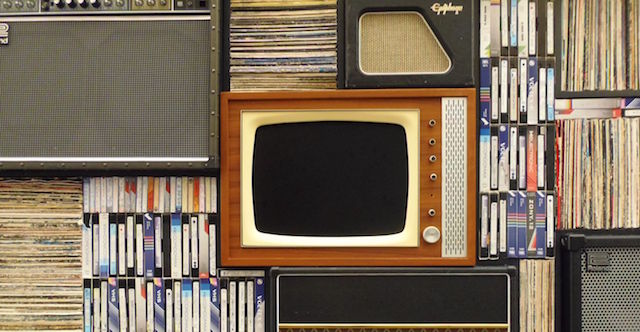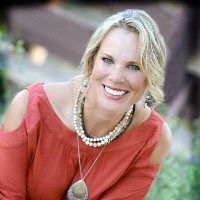I have possibly the most positive circle of friends in the entire world.
They are out-of-the-box thinkers, social rebels and beautiful souls. They know the difference between “free-range” and “cage-free”; they are conscious of their carbon footprints; and they’ve kept the people who make “Coexist” bumper stickers in business.
But there is one thing many of them do that makes me want to throw down my vegan purse and stomp my TOMS.
“I don’t watch the news,” my friend, who I’ll call Lisa, told me recently. “It’s just too much negative stuff.” It’s a sentiment I’ve heard all-too-often, and I’ve got to say, for as progressive and otherwise informed as so many people in my circles are, our understanding of the responsibility we have to each other is staggeringly under-developed.
I agree when it comes to surrounding ourselves with positivity. I buy into the idea that we manifest the same type of energy that we put out there in the world, and that happiness is wonderful and attainable when we live intentionally and consciously. But sometimes we get it wrong.
When bad things happen in the world around us, whether they are in our own town or in the Middle East, or somewhere else in our world, we have a responsibility to bear witness.
We must bear witness to the violence caused by hate and ignorance.
We must bear witness to the suffering caused by greed and capitalization of war.
We must bear witness to the inequalities that surround us, and learn to recognize our own conscious and unconscious roles in perpetuating the unjustness.
We must bear witness to all of it, and all of us, because we are all connected, and if it happens to one of us, it is happening to us all.
Being positive and happy isn’t about surrounding ourselves with Pollyanna smiles and blocking out all we don’t want to see. When we pretend suffering doesn’t exist, we allow ourselves to become just as ignorant as those who are actually causing suffering. By failing to acknowledge the existence of injustices suffered by innocent victims of war and refugees, or the struggles of the poor, the addicted and the exploited, we become contributors by tolerating the status quo.
When we do not bear witness to the suffering of others, what we are saying is, “You are not worthy of my attention.”
We may not have weapons in our hands, but apathy is just as effective.
I believe that we have a responsibility to each other to—at a minimum—raise our collective consciousness to hear the cries of suffering. We may not be able to change the situation, but we can begin to grasp the humanity and hold our part of the thread that ties us all together. After all, recognizing there is a problem is the first step in creating social change.
I believe it is time we take our quest for happiness to another level. Peace and love and joy are beautiful to experience, but what good are they if we don’t extend them beyond our own front doors? It is simple to love those whose faces are familiar and whose stories are similar to our own, but real enlightened love includes loving those who we don’t know personally, or who we may never meet in the course of our lives—not in spite of the fact that we may not be able to relieve their suffering, but because we can.
We are not powerless. We can have real conversations about real issues. We can begin to understand the role we play in the world—both as individuals and as voting citizens united under one flag. We can support causes with our time, money or talent. We can let changemakers who spend their lives standing up for the rights of others know that we are behind their efforts, and that we care about them and what they are doing.
We can make a difference. It begins by paying attention.
And that’s why I watch the news.
~
Relephant:
Seeing Journalism as More Than Words.
~
Author: Amanda Christmann
Editor: Caitlin Oriel
Image: Tracy Thomas/Unsplash









Read 0 comments and reply